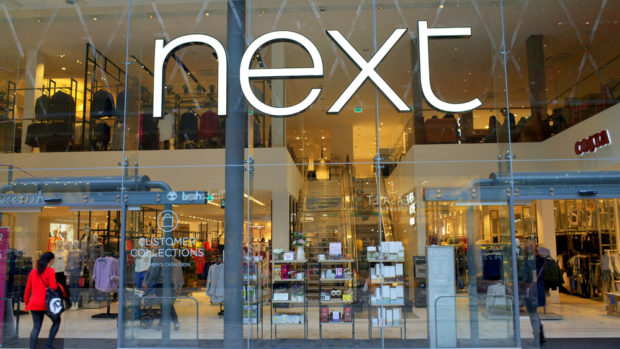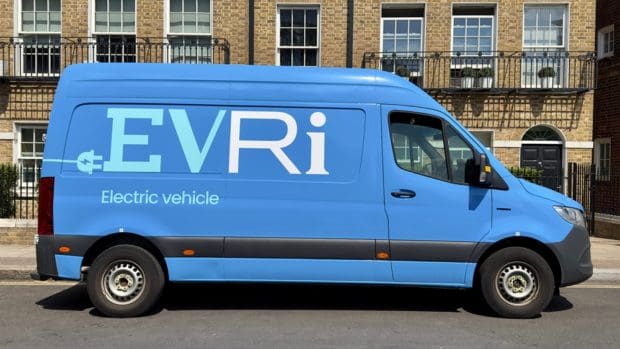A new report The UK eCommerce confidence report from Visualsoft, suggests that consumer confidence is increasingly polarised amid the ongoing cost of living crisis. The research reveals that while over a third of people (35 per cent) are looking to decrease discretionary spend, a substantial 29 per cent are predicting an increase in their spending over the coming months.
While one in three (35 per cent) are tightening their belts, some consumers are still seeking moments of enjoyment, indicating that pockets of optimism exist. Most people expect their discretionary spending to remain constant (37 per cent), while an impressive 29 per cent plan to increase their expenses on dining out, entertainment and clothing. With the ‘big’ stuff out of reach, like mortgages and holidays, more accessible pleasures are compelling.
Consumers plan to spend more on themselves and their homes, with the top three categories for online purchases over the next three months being fashion and footwear (48 per cent), home and garden (42 per cent), and health and beauty (40 per cent). Only 8 per cent stated they had no intention to purchase online in the next quarter.
Visualsoft’s eCommerce platform data supports these findings, revealing that web traffic and revenue at fashion retailers is on the rise – with fashion revenue up 5.4 per cent versus the previous quarter, and footwear 12.4 per cent. Pent up demand for clothing and accessories looks likely to persist throughout the upcoming months.
Lenny Nash, CEO of Visualsoft says: “The results of our survey show that the pressure of the cost of living crisis is not easing yet, with more people than not expecting to rein in their discretionary spend. Yet, at the same time, 50 per cent of consumers are optimistic about their financial situation, despite all the macroeconomic difficulties, meaning there is plenty of consumer spend to chase even in these challenging times. Effectively it’s a polarised economy right now, constituting the haves and the have-nots.”
Notably, younger consumers, 18-24 year olds, feel most optimistic about the UK economy (43 per cent), while 45-54 (23 per cent) and 55-64 year olds (26 per cent) are the least optimistic. 66 per cent of 18-24 year olds are optimistic about their financial situation compared to 42 per cent of those aged 55-64. This is surprising given the older age groups higher income status and larger disposable income.
Almost all consumers are now shopping online (99 per cent), with more than three-quarters (79 per cent) shopping at least once a month. Furthermore, 35 per cent of consumers shop online weekly or more frequently indicating an increasing preference for online shopping for everyday items.
Nash added, “Competitive pricing remains essential for e-retailers as we approach the autumn and winter months. Consumers will be looking for bargains and will spend if the price is right and if they can find relevant discounts. eCommerce retailers must focus on their target audience and their preferences to ensure a frictionless experience that capitalises on the desire for consumer goods that provide something of a dopamine kick in a tough environment.”








Share